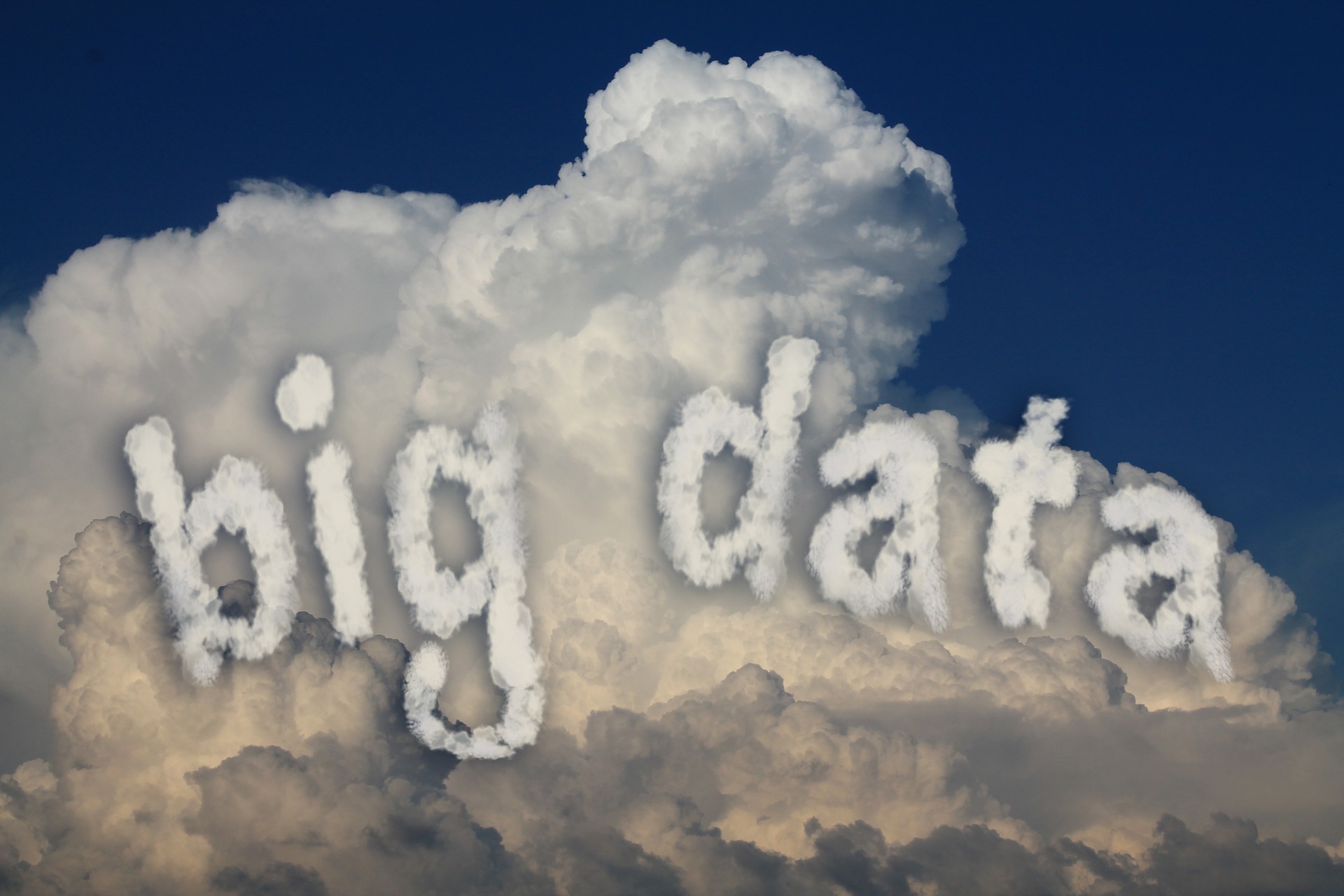What Are You Doing With Your Customers Data?
So it never fails, I hung up all our x-mas lights yesterday and a strand in the middle of the icicle lights died. Off I went to run errands and to purchase some new lights. Normally I do my shopping at Lowe's but since I was closer to Home Depot I decided to go there instead. As I was checking out the credit card machine prompted me and asked if I would like to have my receipt e-mailed to me.
I said to the clerk, "That's an interesting way to collect your customer's contact information." He smiled knowingly and I continued about my day. That interaction got me thinking. Home Depot could be capturing my data, storing it in a database along with all of my purchases and then using analytics to send me coupons in order to prompt me to make purchases.
Up to this point nothing I have said is new or revolutionary. Companies utilize rewards cards and frequent shopper programs to track purchases, trends, and to foster loyalty. But, what are we doing in the smart building industry? Are we tracking our customer's systems to predict potential failures in order to up-sell a better maintenance agreement?
What could this Look Like for You?
Think of this scenario, we are monitoring the usage of our customers HVAC systems, their occupied and unoccupied times, and through metering/data collection we can gather the ebbs and flows of their utility usage.
What value would a customer find if we were able to show them how through increased filter maintenance we could decrease fan usage by 5% and over the course of a year that resulted in thousands of dollars saved? What if this statement was backed up by trends in their data and not some indecipherable cut sheet made by some marketing intern who can't spell the word filter.
How could a customer benefit if we were to show them that through inefficient programming and sequencing they are running systems year round that simply don't need to be ran? What if our system took things a step further and predicted loads and conditions to change setpoints on the fly?
If we could determine that turning on all the systems throughout a building is causing a peak demand load and that by staging equipment in batches we could reduce a customers total demand rate would that help? What if we could set a not to exceed threshold, flag critical areas and our system could then load shed or stage equipment by itself?
All of these questions could be answered in the past with manual data collection, analysis, and programming but often times reports were delayed and connections between cause and effect would be missed.
Conclusion
I imagine a world in which real-time analytics will provide feedback to individual systems. Controls will truly be automated and will be proactive instead of reactive, and quality of care will shift from how long can I go without a PM to how early can I detect a potential failure.
We are on the cusp of a data driven revolution. Companies are embracing truly open solutions and this is letting the developer community get involved more than every before.
How is your company embracing this shift?
Are you the lead car winning the prize money for being first or are you simply the pace car waiting for a wreck so you can pickup the leftovers?
Let me know in the comments below!





